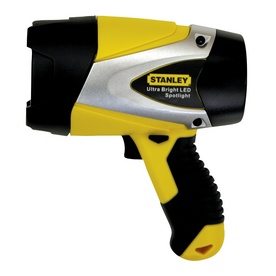pen said:
. . . the colors never look right to me. If you find one w/ a halogen lamp then your colors will be truer . . .
Completely off topic, but hopefully interesting nonetheless:
The human eye has an amazing ability to compensate for the color cast of light. Think about looking at green grass on an overcast day, at high noon in the sun, and in that golden moment before sunset: It always looks green, even though the light was actually intensely blue, neutral, and yellow, respectively. The LED light isn't any less true than halogen - it just happens to be cooler (bluer) than the very warm, yellow halogen light and our brains seem to prefer warmer colors. They're both about the same deviation from a 'daylight balanced' neutral light, just in opposite directions.
And that, folks, is what happens when you major in Photography as an undergrad. You know more about the color of light and how it's perceived by the brain AND you change careers because good photo jobs are very few and very far between!


